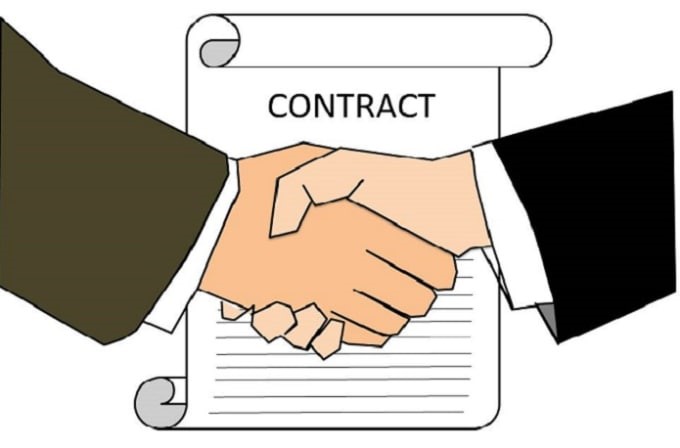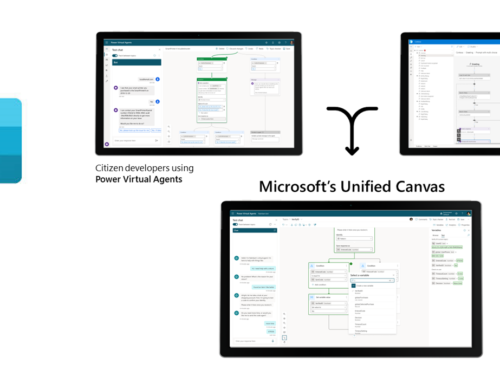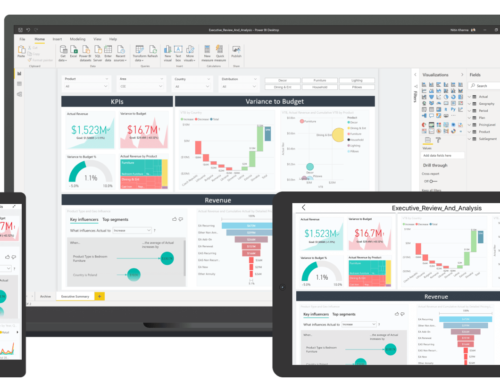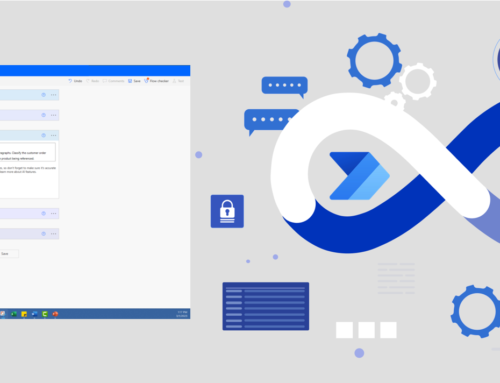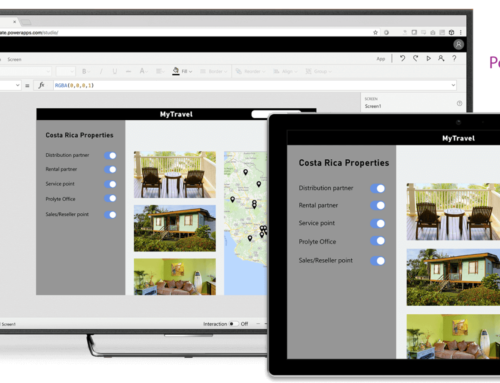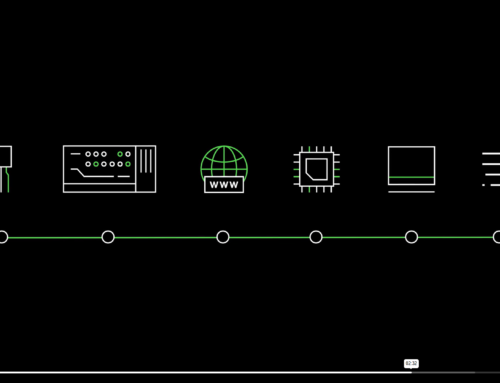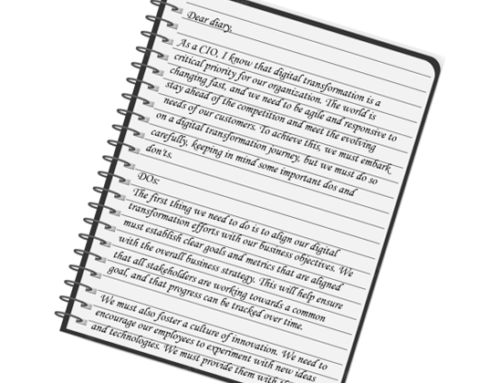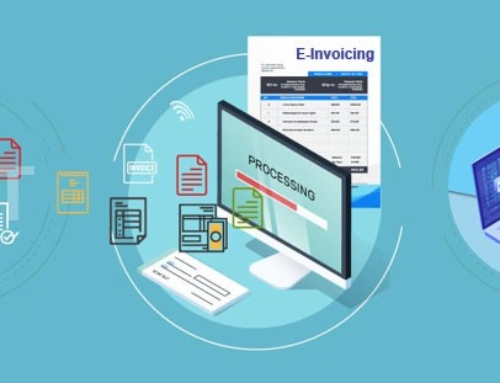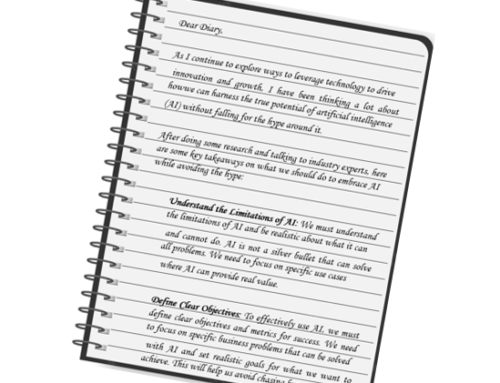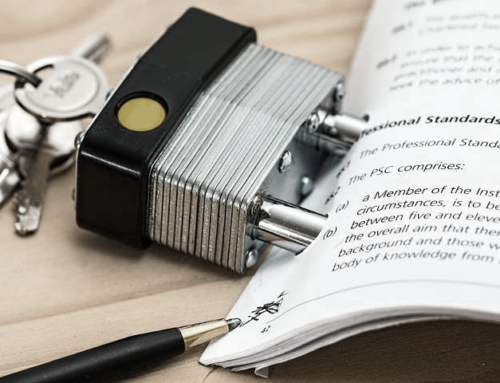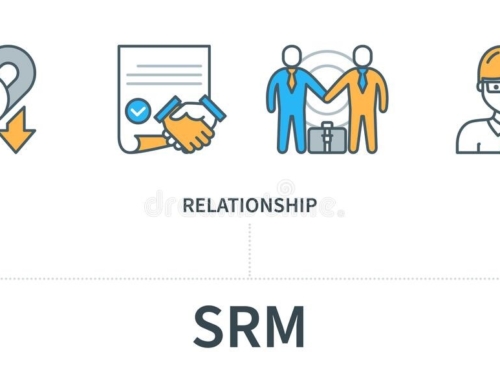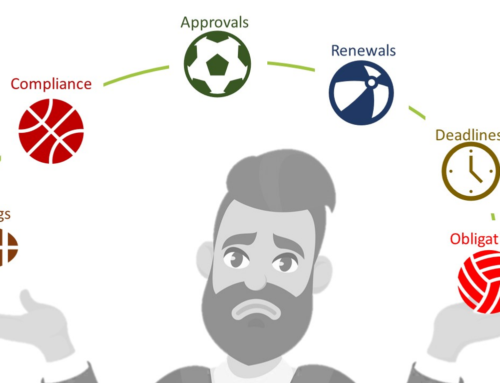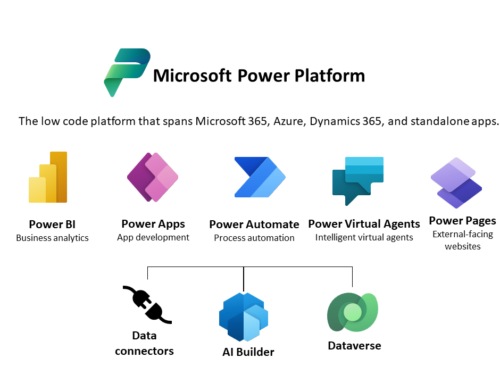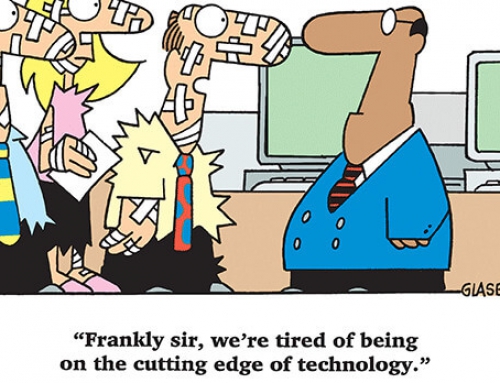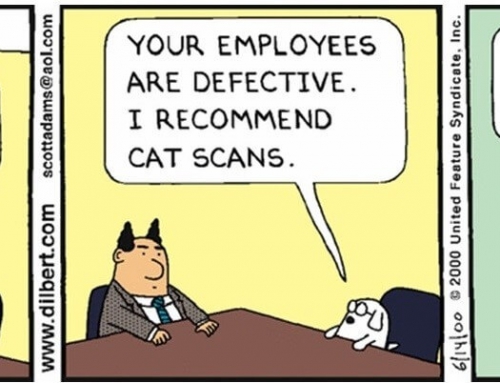Importance of Contract Management
Effective contract management is essential for businesses of all sizes, as it ensures that contracts are executed as agreed, and both parties are fulfilling their obligations. Good contract management practices help to prevent costly disputes, minimize risks, and improve overall business efficiency. Some of the key benefits of effective contract management include:
- Risk mitigation: Good contract management practices can help identify potential risks and mitigate them before they become a problem. This can help reduce the likelihood of disputes, minimize costs associated with litigation or arbitration, and protect the company’s reputation.
- Improved performance: Contract management can help ensure that both parties are meeting their obligations, which can help improve performance and enhance the overall quality of the relationship.
- Cost savings: Effective contract management can help reduce costs associated with disputes and non-compliance, which can improve the company’s bottom line.
Key Steps in Contract Management
- Contract Creation: The first step in contract management is creating a contract that outlines the terms and conditions of the agreement. This involves defining the scope of the contract, specifying the roles and responsibilities of each party, and outlining the performance metrics that will be used to evaluate the success of the contract.
- Contract Negotiation: Once the contract is created, it must be negotiated with the other party. Negotiations may involve making changes to the contract, addressing any concerns or objections, and coming to an agreement that is acceptable to both parties.
- Contract Execution: After the contract is negotiated, it must be executed, which involves signing the contract and making it legally binding. This typically involves obtaining signatures from both parties, as well as any necessary witnesses or notaries.
- Contract Monitoring: Once the contract is executed, it must be monitored to ensure that both parties are meeting their obligations. This involves tracking performance metrics, identifying any potential issues, and taking action to address any problems that arise.
- Contract Renewal or Termination: Finally, the contract must be renewed or terminated at the end of its term. This involves negotiating any necessary changes to the contract, extending the term of the agreement, or terminating the contract if it is no longer needed.
Best Practices for Contract Management
To ensure effective contract management, it is important to follow best practices, including:
- Establish clear communication channels: Good communication is essential for effective contract management. Both parties should have a clear understanding of their roles and responsibilities, and there should be regular communication to ensure that the contract is being executed as agreed.
- Use contract management software: Contract management software can help streamline the contract management process, making it easier to create, negotiate, execute, and monitor contracts. This can help reduce errors, improve efficiency, and provide better visibility into contract performance.
- Maintain accurate and complete records: All contracts and related documentation should be maintained in a centralized location and regularly updated to ensure accuracy and completeness.
- Conduct regular contract reviews: Regular contract reviews can help identify potential issues and ensure that both parties are meeting their obligations. This can help prevent disputes and improve the overall quality of the relationship.
Conclusion
Effective contract management is essential for businesses of all sizes. By following best practices and taking a structured approach to contract management, businesses can reduce risks, improve performance, and achieve better outcomes from their business relationships. From contract creation and negotiation to execution and monitoring, effective contract management requires a commitment to clear communication
Our contract management solution “Legadox” can help you streamline your contract management process. To know more contact us on info@prosares.com

